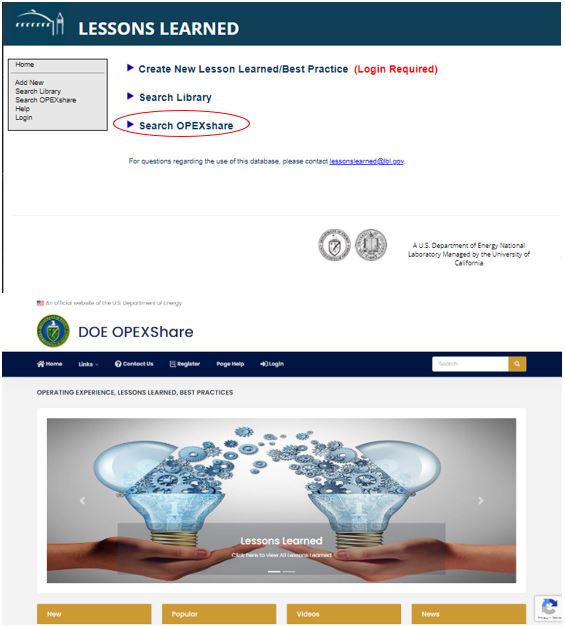As part of the DOE Contract 31, the Lawrence Berkeley National Laboratory (LBNL) maintains a Contractor Assurance System (CAS) which includes an LBNL Issues Management Program (IMP) as documented in the PUB 5519 LBNL Issues Management Program Manual. In accordance with the Lab’s Institutional Issues Management Policy 04.02.003.000, an Apparent Cause Analysis (ACA) is required for any Medium risk event/issue occurring at the Laboratory. An ACA is a straightforward/basic analytical process that is used to determine the dominant plausible cause(s) of an issue by analyzing the events and conditions leading up to the issue occurrence.
To help the Laboratory Community perform quality ACAs, there is a new ACA template which replaces the current report as required in the PUB 5519. This new all-inclusive template captures various steps of the ACA process, has process guidance within the template, and serves as a final report for the ACA. This template introduces rigor, consistency and thoroughness to the ACA process. It guides the ACA team to consider aspects of an ACA which are critical for a comprehensive and quality ACA.
The new template can be found on the Office of Institutional Assurance and Integrity (OIAI) website’s Templates page as Apparent Cause Analysis Template and Report. Over the coming months, OIAI will be organizing ACA trainings which will include:
- Overview of the Apparent Cause Analysis Process
- When is an ACA required or recommended
- How to effectively conduct an ACA
- Participants will undertake practical examples of how to conduct an ACA using this new template.
This training is expected to be 2 hrs long, and in-person would be preferred mode of delivery although zoom sessions can be organized for those who cannot make it on site. If you or any of your colleagues are interested in this training, please fill out the Google form and we will reach out to you based on interest, mode of delivery preferences, and availability of other participants.



